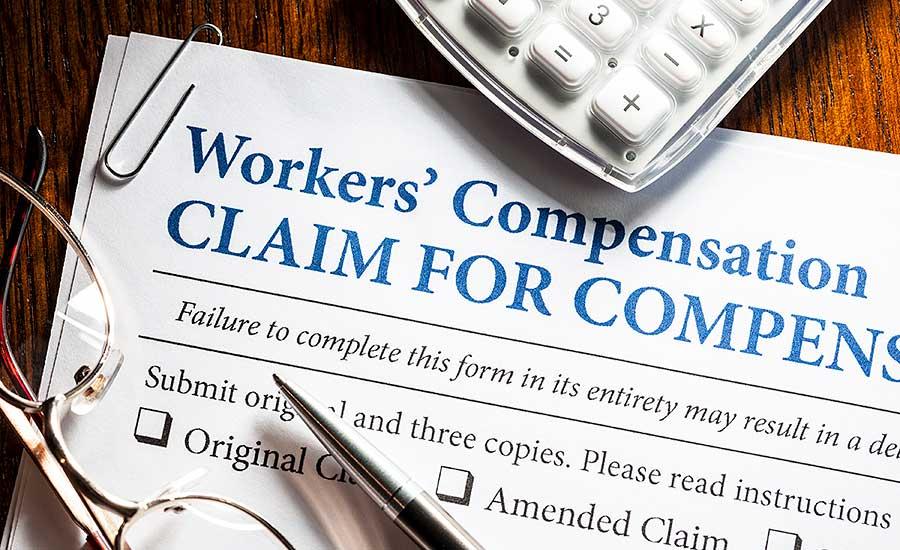Employment Law
5 Mistakes That Lead to Denial of Workers’ Compensation Claim

Workplace injuries can put your career and finances at risk. Many employees think filing for workers compensation benefits is straightforward, but small mistakes can result in denied claims. Understanding what not to do is crucial for protecting your rights and income.
Here are five common mistakes that can lead to denial of your workers’ compensation claim.
1. Failing to Report the Injury Immediately
One of the biggest errors workers make is waiting too long to report their injury. Some employees hope the pain will go away or fear retaliation from their employer. Unfortunately, delaying your report gives insurance companies a reason to argue that your injury didn’t happen at work.
Most states have strict deadlines for reporting workplace injuries. Even if you think your injury is minor, inform your supervisor as soon as possible. Ensure there is written documentation of your report to avoid disputes later in the claims process.
2. Not Seeking Prompt Medical Attention
Another common mistake is failing to get medical care immediately after your injury. If you delay treatment, the insurance company may claim your injuries are not severe or are unrelated to your job.
Seeing a doctor right away creates a medical record proving your injury’s existence and severity. Be honest about how the injury occurred and ensure your doctor notes that it is work-related. This will strengthen your claim and reduce the chances of denial.
3. Providing Inconsistent Statements
When reporting your injury, consistency is critical. If your explanation to your employer differs from what you tell your doctor or the insurance adjuster, it could raise red flags. Even minor discrepancies can be used to argue that your claim is fraudulent.
Prepare yourself before making statements. Stick to the facts, avoid exaggeration, and ensure every report – whether to your employer, doctor, or insurer – matches the details of the incident.
4. Not Following Medical Advice
After your injury, your doctor will likely provide a treatment plan and work restrictions. Ignoring these instructions or returning to work against medical advice can lead to denial of benefits. Insurance companies may claim you worsened your injury or that you’re not as hurt as you claim.
Always follow your doctor’s recommendations precisely. Attend all follow-up appointments, take prescribed medication, and participate in therapy if required. This shows you are serious about your recovery and following the proper process.
5. Handling Your Claim Without Legal Help
While it’s not mandatory to hire an attorney for your workers’ compensation claim, many employees lack the knowledge to handle disputes on their own. Filing forms incorrectly, missing deadlines, or failing to gather the right medical evidence can all result in denied claims.
If your injury is serious, involves long-term disability, or your employer disputes your claim, consider consulting a workers’ compensation attorney. They can guide you through appeals, negotiations, and hearings to secure your benefits.
Conclusion
Workers’ compensation is meant to protect employees injured on the job. However, simple mistakes can stand between you and the benefits you deserve. Reporting your injury immediately, getting prompt medical care, providing consistent statements, following treatment plans, and seeking legal guidance if needed can make all the difference.
Avoiding these five common errors will help you build a strong case and increase your chances of receiving fair compensation for your workplace injury. Remember, it’s your right to seek medical care and file for benefits when your health and livelihood are at stake.














